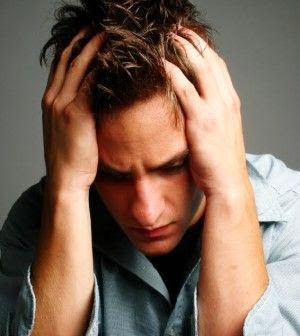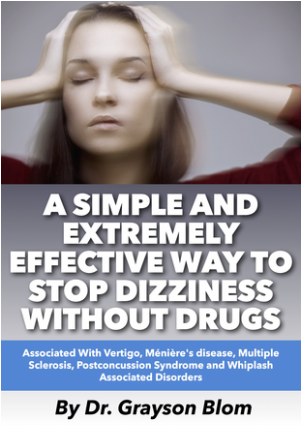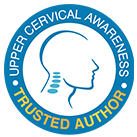upper cervical blogdr. blom Work Specifically in the neck and neck related disorders?
|
 Ménière's Disease Meniere's Disease is defined by www.mayoclinic.com as a disorder of the inner ear that causes spontaneous episodes of vertigo along with fluctuating hearing loss, ringing in the ear (tinnitus), and sometimes a feeling of fullness or pressure in your ear. Vertigo is the most distressing symptom of Meniere’s disease. Vertigo is a sensation of rotation or spinning. The vertigo can last from ten minutes to 24 hours. It may also be associated with nausea and/or vomiting. After the vertigo has gone away, most patients have imbalance and fatigue for one or two days until returning to normal. Hearing loss is also an associated symptom of Meniere’s disease. Hearing loss usually fluctuates. In most cases hearing loss is only in one ear, but in rare instances, hearing loss can be in both ears. The hearing loss is typically in the low tones. If left untreated, hearing can drop until there is permanent loss in that ear. Pressure and/or fullness in the diseased ear are another complaint. This can occur before or during an attack. Tinnitus, or ringing in the ear, can also occur. This is often a result of the hearing loss. To find out more about the connection between head and neck injuries and Ménière's disease download are e-book below. Vertigo and Ménière’s
Most normal individuals cannot appreciate the devastating impact of vertigo. The patient perceives that the world is spinning around them. Vertigo disrupts every aspect of life since the patient loses the ability to do anything normally, especially when movement is involved. It can totally incapacitate the individual, often confining them to bed. The Merck Manual states that the cause of Meniere’s disease is unknown; the condition is poorly understood, and the medical treatment is ineffective.A theory proposed in the Upper Cervical Chiropractic community is that the most common cause of Meniere’s disease is a structural problem, i.e., an atlas (top bone in the neck) misalignment that is irritating the origin of a nerve that controls both equilibrium and hearing in the ear (Cranial Nerve VIII). Misalignment between the atlas and Occiput can cause swelling in the immediate area, putting pressure on the nucleus of nerve and/or the auditory (Eustachian) tube. Recently Dr. Michael Burcon investigated the effects of upper cervical specific chiropractic management of one hundred and thirty-nine patients medically diagnosed with Meniere’s disease. Next time we will look at the results of this study and find out more about how this condition is linked to underlying trauma. Patients with a history of both vertigo and trauma should be evaluated by an upper cervical specific chiropractor today. References: http://www.burconchiropractic.com/g5-bin/client.cgi?G5button=626&subcategoryID=2355 Cervical Specific Protocol and Results for 139 Meniere’s Patients, Michael T. Burcon, B.Ph., D.C. What to Do Next To find an upper cervical chiropractor in your area go to www.upcspine.com or if you are in the Boise Idaho area, just click the button to schedule an appointment.
0 Comments
Your comment will be posted after it is approved.
Leave a Reply. |
Dr. BlomUpper Cervical Chiropractor Categories
All
Archives
February 2024
|



 RSS Feed
RSS Feed


